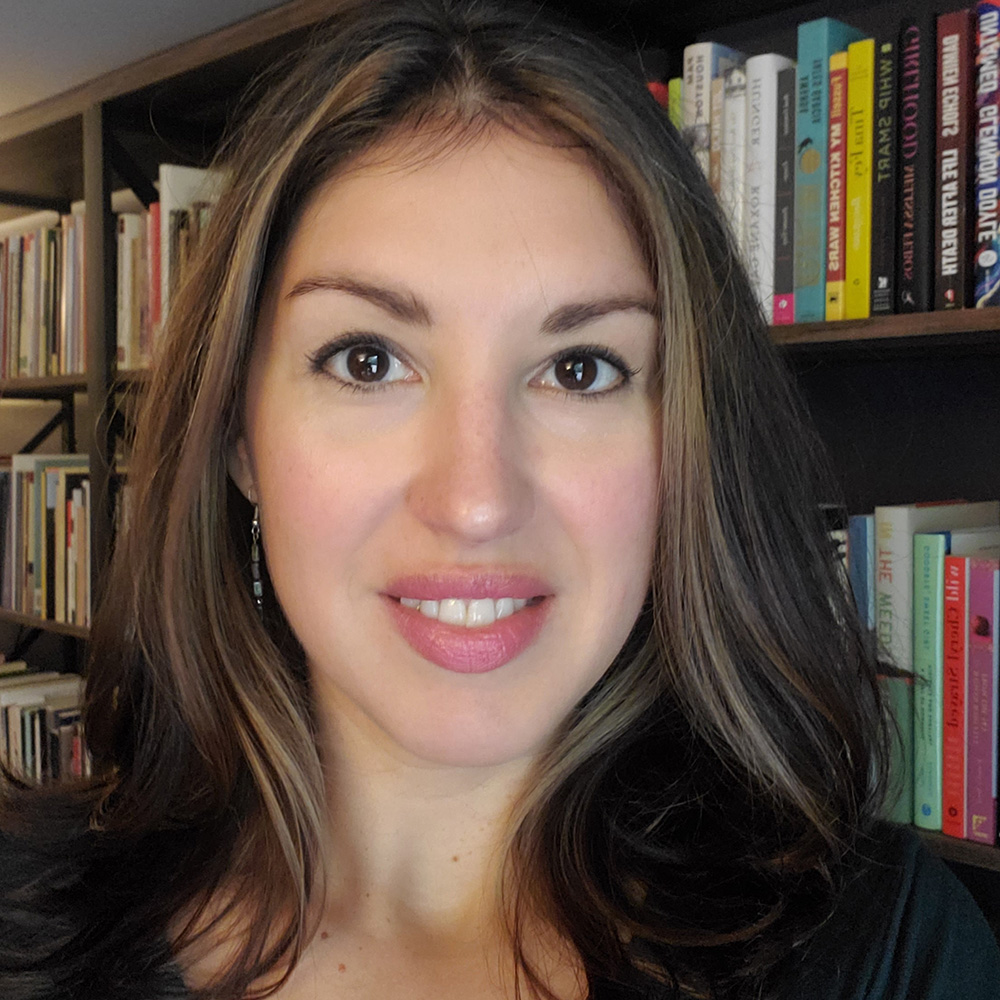
Most writers respond to the question “What advice do you have for aspiring writers?” the same way: Read. Read more. Read widely. Read as much as possible. Reread.
Maybe you have encountered that response enough that your eyes glaze over a bit when you hear or see it. Maybe you skip that part, disappointed that the famous, published writer isn’t offering any juicier tips to help you write better. Maybe you think that’s just something writers say, and they don’t actually read nearly as much as they tell YOU to read.
Except almost all of them do.
James Baldwin’s literary success was rooted in the voracious reading habit he cultivated in his Harlem childhood. Joyce Carol Oates was similarly inspired at a young age by reading Alice in Wonderland, which she credits as a major influence on her evolution as a writer. Neil Gaiman famously admits to reading even “bad books,” so long as he’s reading. Hemingway said, “There is no friend as loyal as a book.”
The next time you hear a writer telling you to read, follow that advice! Pick up one of their books, or a book they like, and expand your horizons. Reading regularly, widely, within and out of your comfort zone, will make you a better writer. Here’s why:
We grow our empathy when we read.
When you encounter others’ stories, you step into their shoes for a while. Books allow us to see the world as others see it, to experience things we haven’t experienced, and to feel how those experiences have made others feel. In short, we experience empathy when we read. If you want to know more about the world and your own humanity, read a book by someone with a different background or fewer privileges than you have. That empathy can not only make you a better citizen, but it might give you new and deeper perspective on the stories you want to tell.
Action: Make two lists. The first one will be a short list of topics you want to learn more about, like the animal rights movement or what it’s like to survive a natural disaster. The next list will take a little longer to make, because you’ll have to do some research on the best books on these topics. Browse book reviews or Google to try to find lists of authoritative texts or acclaimed first-person accounts on your chosen topics. Once you have both lists, choose a book to start with and set a reasonable goal for moving through your books list.
We expand our creativity when we read.
Ever hear someone say they got lost in a good book? Engaged, close reading can put us into an altered state of consciousness akin to the creative process. We don’t really “lose ourselves” so much as we step into another world, be it the setting of the book, the psyche of the protagonist, or simply our own state of hyper-focus. Regular practice of entering this state makes it a habit, and that habit is great for your writing because it will cut down on the time it takes you to get centered to start a new project or return to an existing one.
Action: Consider setting aside a half hour at the same time every day to read—perhaps first thing in the morning or right before lights-out—and see if you can cultivate a new, creativity-beneficial habit. If you can spare more than 30 minutes, great; but aim for quality over quantity here. Immerse yourself in what you’re reading.
We learn about writing when we read.
Who best to learn from than other writers? While you’re devouring the latest bestseller, you’re also exposed to that author’s best narrative skills. Maybe the memoir you can’t put down is written in a braided or woven style, rather than the traditional linear chronology. Maybe your favorite novelist loves to use flashbacks and premonitions. The poet you heard about on an NPR show writes ghazals—they sound beautiful, but what ARE they?
Action: The next time you finish a book, jot down some notes about what the author does best. Can you then write a braided narrative, create a believable flashback, or attempt a ghazal? Once you see how much you can learn from other writers, reading will seem not only like the best way to spend a lazy Sunday afternoon, but also like a free writing class.
We manage our time with more purpose when we read.
We fill our “down time” with all sorts of relatively meaningless activities. Technology is great, but when was the last time you opened a magazine or book in a waiting room instead of scrolling through Facebook? Studies show that our attention spans are growing shorter, and that we reach for our phones to fill every spare minute. Those minutes add up to a hours of screen time per day—yet many of us will say we can’t find time to read.
Action: You don’t have to wait for a big chunk of time to curl up with a good read, and you don’t have to carry thick books around with you waiting for five free minutes to open them up. If you can’t put down your phone, download some apps like Medium, where the articles and essays are marked with how long it takes to read them. Bookmark stories from culture and literary magazines using an app like Pocket and come back to them when you have time. Follow news and media outlets on Twitter and transform your morning timeline scroll into the first reading session of the day, instead of the 20th meme-binge of the week. Ask for contributions to your Kindle library as gifts. And don’t abandon real books! Get a library card or start a book exchange with friends. Keep fresh reading material circulating all around you.
How often do you read? What is the last great book or article you read? Will you use any of the suggestions in this post to build a reading practice to help you writing practice? Share with us in the comments!
Related reading: Write to connect with readers and be remembered
The many challenge of writing life maintenance (and how to balance them all)
Want to receive tips and inspiration like this in your inbox every Sunday morning? Join our email list community! You will receive weekly advice, a year’s worth of weekly writing prompts as a FREE download, and be eligible to participate in our monthly photo prompt contest for a chance to share an original piece of writing with our community of over 1,200 subscribers!
